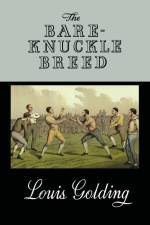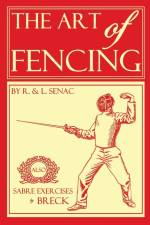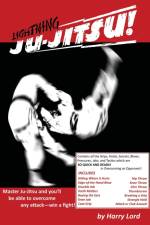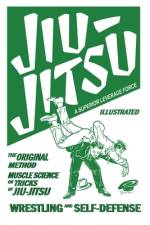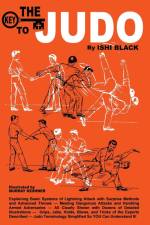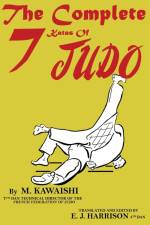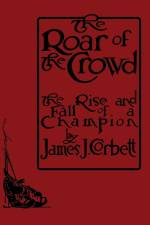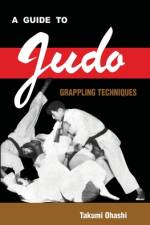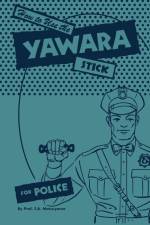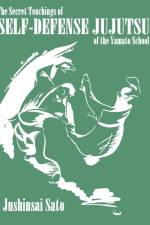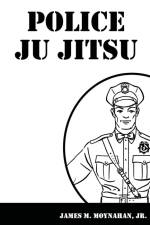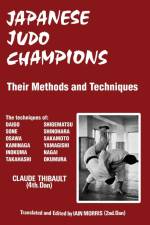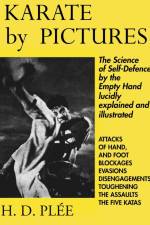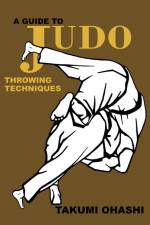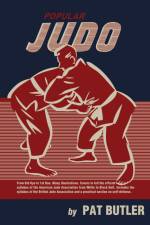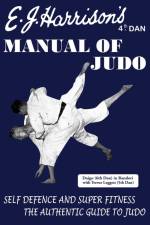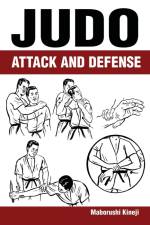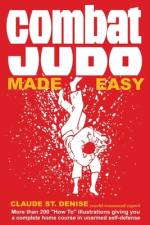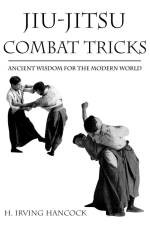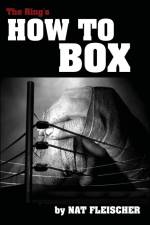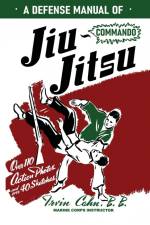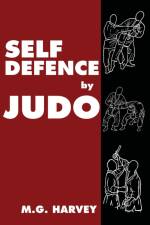av Frederick Paul Lowell
265,-
In "The Way to Better Judo," Frederick Paul Lowell takes you on an enlightening journey through the ancient martial art, offering a comprehensive guide that will transform both your technique and mindset on the mat. Whether you're a novice seeking to lay a strong foundation or an experienced practitioner striving to reach new heights, this book is your ultimate roadmap to mastering the art of Judo.Originally published in 1952, drawing from decades of personal experience as a Judo master and a deep understanding of the philosophy behind this art form, Lowell provides a unique perspective on the physical and mental aspects of Judo. He unravels the core principles that underpin this discipline, emphasizing the fusion of mind and body as the key to unlocking your full potential.Inside "The Way to Better Judo," you'll find:Fundamental Techniques: From essential throws and takedowns to immobilizations and submissions, Lowell meticulously breaks down each technique, accompanied by step-by-step photos and clear explanations. With a focus on proper form and execution, you'll gain a solid grasp of the building blocks of Judo.Advanced Strategies: Elevate your Judo game with advanced tactics and strategies. Lowell delves into the art of reading opponents, counterattacking with precision, and seizing control of every engagement. By understanding the subtle nuances of timing and movement, you'll gain a significant advantage over your adversaries.Mental Toughness: Judo isn't solely about physical prowess; it requires mental fortitude as well. Through insightful discussions on focus, discipline, and resilience, Lowell guides you in cultivating the unyielding mindset of a true Judo master. These principles extend beyond the mat and can empower you in all aspects of life.Training Regimens: To become a better Judoka, you need to train effectively and efficiently. Lowell offers customizable training programs suitable for practitioners of all levels, ensuring continuous progress and skill development.The Spirit of Judo: Beyond the technicalities, Judo is steeped in a rich heritage of respect, sportsmanship, and camaraderie. Lowell sheds light on the deeper meaning of Judo, fostering a sense of appreciation for its tradition and values."The Way to Better Judo" is not just a practical guide; it's a transformative journey that will inspire you to embrace Judo as more than just a sport but a way of life. Whether your goals are to win competitions, improve self-defense skills, or simply engage in a fulfilling physical and mental pursuit, this book equips you with the tools needed to excel on your path to becoming a Judo master.Prepare to embark on a life-changing expedition of self-discovery and empowerment through the ancient art of Judo. Let Frederick Paul Lowell be your wise and compassionate guide, leading you towards a brighter and better future on and off the mat.

